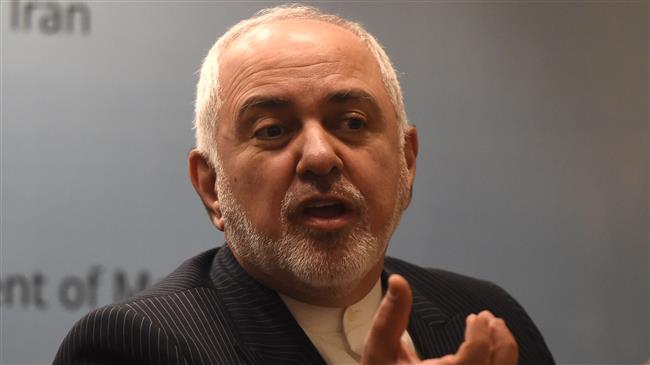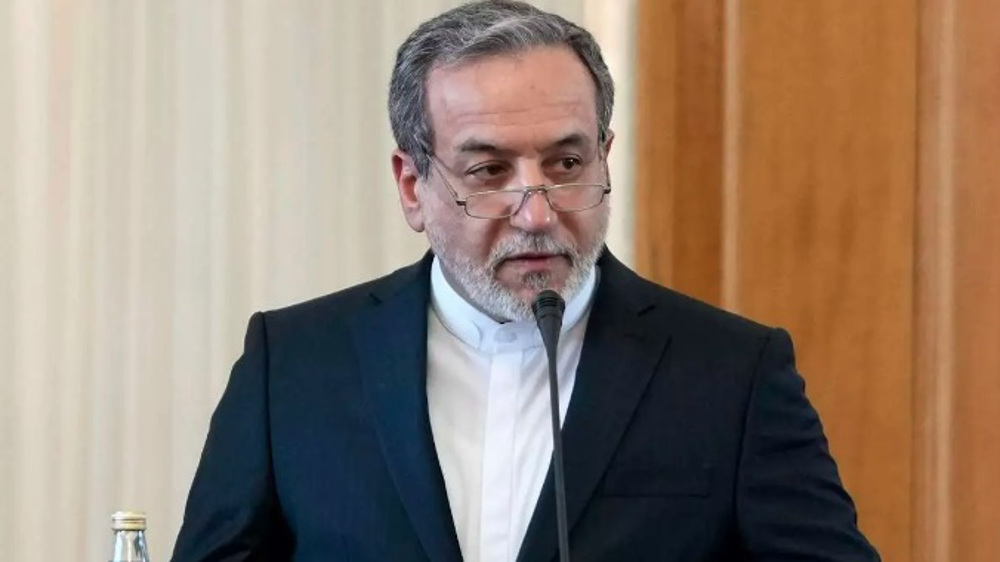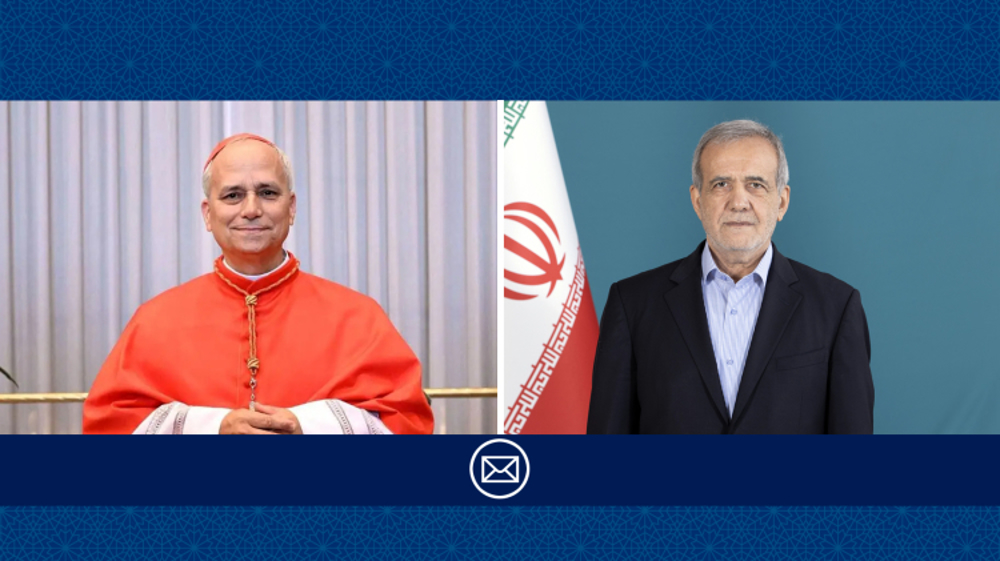JCPOA turned negative-sum game into benefit for all parties: Iran's FM
Iran’s foreign minister says the conclusion of a nuclear deal with world powers in 2015 helped turn a negative-sum game among various players into something that benefited all of them.
Mohammad Javad Zarif made the remarks in a speech delivered at the Faculty of World Studies at the University of Tehran on Monday, the third part of a five-part course in international relations entitled, “World in Transition,” which is being offered by Iran’s top diplomat.
Explaining about the conclusion of the nuclear deal, officially known as the Joint Comprehensive Plan of Action (JCPOA), signed by Iran and six world powers, Zarif said, “At that time, we were on the verge of a negative-sum game...but we succeeded in turning that negative-sum game into something that benefited all parties.”
He added, “At the time, the United States claimed that it had stripped us of our nuclear capability, while we only pursued the peaceful use of nuclear energy from the very beginning.”
The historic deal was reached between Iran and the P5+1 — which included the United States, Britain, France, Russia, China, and Germany — on July 14, 2015. However, in May 2018, President Donald Trump unilaterally pulled the US out of the JCPOA and re-imposed the sanctions that had been lifted under the deal.
As verified by the International Atomic Energy Agency (IAEA), Iran remained fully compliant with the JCPOA for an entire year, waiting for the co-signatories to honor their commitments and offset the impacts of the US withdrawal.
But, as the European parties continued to renege on their obligations, the Islamic Republic moved in May 2019 to suspend some of its JCPOA commitments under articles of the deal covering Tehran’s legal rights in case of non-compliance by the other side.
Iran's Deputy Foreign Minister for Political Affairs Abbas Araqchi said late last month that the Islamic Republic will continue its peaceful nuclear program according to the terms of agreement with the IAEA since Tehran sees the peaceful use of nuclear energy as an inalienable right of the nation.
“We will go on with our peaceful nuclear program according to the rules and regulations set and agreed upon with the IAEA,” Araqchi wrote in an article for a Polish periodical.
Elsewhere in his remarks, Zarif criticized efforts by some countries to turn military might into dominant power, saying, "Since the end of Cold War, the US has been trying to make things a matter of security in order to use its military superiority. Military might is important, but power is not unipolar anymore."
The top Iranian diplomat added that the Islamic Republic enjoys different sources of power, including military might, but "military power is not considered a determining factor of a country's overall power anymore."
He emphasized that tanks and warships do not represent a country's power.
The United States is no more regarded as the "epicenter of technology" as it used to in the past, he noted, adding that a fundamental change has been made and countries do not merely use the American technology, but are advancing their own.
Zarif pointed to "legitimacy" as another factor of power, saying, "Legitimacy means popularity of a country in the world and among its own people.
He highlighted the significance of providing inspiration for other countries, saying, "If a country is a source of inspiration for others, it will gain major power."
China sanctions 20 US firms, executives over massive arms sales to Taiwan
Two Israeli settlers killed in alleged car-ramming, stabbing attack
VIDEO | Iran set to launch new domestically developed satellites into space
Araghchi says Iran satellite program ‘entirely peaceful’ ahead of triple launch
Venezuela's oil grab reveals Trump’s ‘supremacist, colonialist’ agenda: Analyst
VIDEO | Gaza’s remaining Christians gather in prayer amid war and loss
Iran FM: US pursuing 'law of jungle' over diplomacy
VIDEO | Gaza’s hospitals face collapse as shortages halt surgeries











 This makes it easy to access the Press TV website
This makes it easy to access the Press TV website